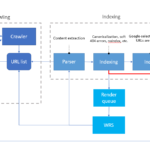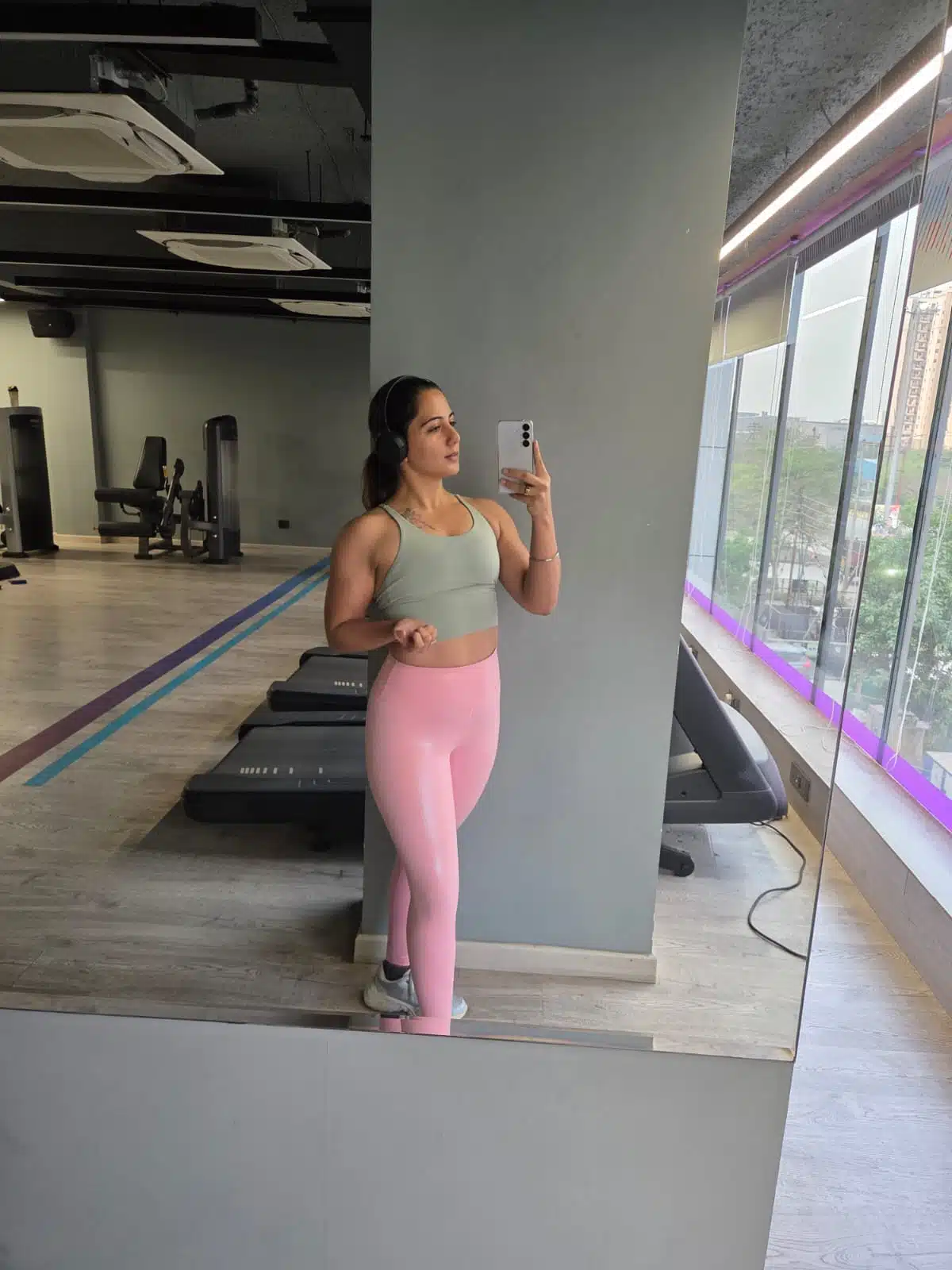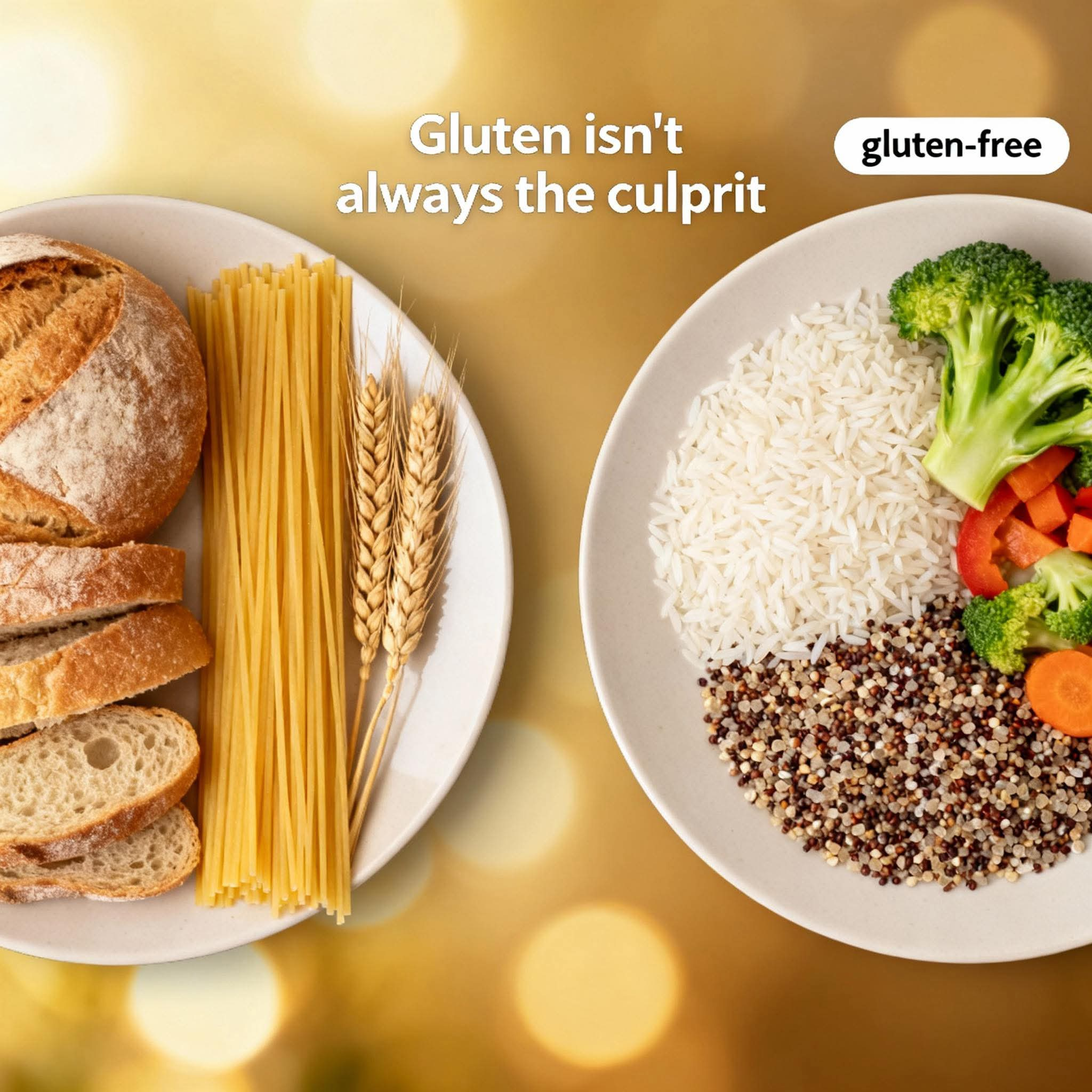Always Hungry? It’s Not Your Fault: Here’s How Ghrelin, Your Hunger Hormone, Controls You
Written By Simran Kaur
If you feel hungry all the time, it’s easy to blame yourself for a “lack of willpower.”
But in reality, your hormones—especially ghrelin—play a massive role in regulating your appetite and cravings.
Let’s dive deep into the science behind hunger hormones, and how you can regain control naturally without extreme dieting.
What Is Ghrelin? The Science Behind Your Hunger Hormone
Ghrelin is a hormone produced mainly by the stomach (specifically the fundus) and to a lesser extent by the pancreas and small intestine.
Its main function? To stimulate appetite by signaling the brain that it’s time to eat.
When your stomach is empty, ghrelin levels rise sharply, sending a powerful message to your brain’s hypothalamus: “Feed me!”
Once you eat and your stomach stretches, ghrelin levels drop, and the feeling of hunger fades.
Key Functions of Ghrelin:
- Stimulates appetite and food intake.
- Promotes fat storage.
- Regulates blood sugar and energy balance.
- Impacts mood, learning, and reward behavior.
Fun Fact: Ghrelin is sometimes nicknamed the “hunger hormone” or even the “growling hormone” because it’s partly responsible for those embarrassing stomach growls!
When Does Ghrelin Spike? Common Triggers You Should Know
Several factors can cause elevated ghrelin levels and make you feel hungry even when you think you shouldn’t be:
- Skipping Meals or Fasting Too Long
Long gaps without eating cause ghrelin surges. - Poor Sleep
Studies show that sleep deprivation increases ghrelin and decreases leptin, leading to overeating. - Chronic Stress
High cortisol (stress hormone) interacts with ghrelin, enhancing appetite—especially for sugary, high-fat foods. - Low-Calorie, Restrictive Diets
Severely cutting calories, carbs, or fat causes the body to fight back by elevating ghrelin levels. - Excessive Exercise Without Proper Fueling
Training hard but under-eating increases ghrelin production.
Meet Leptin: Ghrelin’s Opposite
Leptin is another important hormone involved in hunger regulation.
It’s produced by your fat cells and signals your brain to decrease appetite and boost energy usage.
How Ghrelin and Leptin Work Together:
- High Ghrelin = You feel hungry and driven to eat.
- High Leptin = You feel satisfied and stop eating.
In an ideal world, ghrelin and leptin stay in perfect balance, helping you maintain a healthy weight naturally.
What Happens When This Balance Breaks?
Chronic dieting, sleep loss, and stress can cause leptin resistance, where your brain stops responding properly to leptin signals.
This leads to:
- Constant feelings of hunger.
- Intense food cravings.
- Difficulty losing fat even with low-calorie diets.
- Sluggish metabolism.
In this state, ghrelin remains high, leptin stays ineffective, and cravings rule your life—especially cravings for sugar, refined carbs, and fatty foods.
How to Naturally Balance Ghrelin and Leptin for Fat Loss and Appetite Control
Instead of fighting your body with extreme diets, hormone balancing strategies can help you control hunger naturally:
1. Eat Regular, Balanced Meals
Structured eating (every 3-5 hours) keeps ghrelin from surging out of control.
Focus on:
- High-protein foods (chicken, fish, tofu, Greek yogurt).
- Complex carbs (sweet potatoes, oats, quinoa, brown rice).
- Healthy fats (avocados, nuts, olive oil).
- Fiber-rich vegetables.
2. Prioritize Sleep Hygiene
Aim for 7–9 hours of quality sleep per night.
Poor sleep elevates ghrelin and sabotages your fat loss efforts.
3. Manage Stress Effectively
Chronic stress boosts ghrelin and cortisol.
Incorporate stress-reduction activities like:
- Meditation
- Yoga
- Walking outdoors
- Deep breathing exercises
4. Avoid Extreme Diets
Crash diets backfire by spiking ghrelin.
Adopt a science-based fat loss plan that allows steady, sustainable weight loss (0.5–1% of body weight per week).
5. Include Natural Appetite Suppressants
Certain foods help regulate ghrelin levels naturally:
- High-fiber foods (chia seeds, beans, leafy greens)
- Green tea
- Vinegar-based dressings
- Soups before meals
6. Strength Training
Resistance training improves insulin sensitivity and supports hormonal health, aiding in better appetite regulation.
Final Thoughts: It’s Time to Stop Fighting Yourself
You’re not broken, lazy, or lacking willpower.
You’re wired for survival—and ghrelin is part of that wiring.
Master your hunger hormones by:
- Eating smart.
- Sleeping enough.
- Managing stress.
- Choosing science over fads.
When you work with your body’s biology, not against it, you unlock the secret to lasting fat loss, better health, and true food freedom.
Quick FAQs: Understanding Ghrelin and Leptin
Q1. Why am I hungry even after eating?
You might be eating low-protein, low-fiber meals that don’t suppress ghrelin effectively. Sleep deprivation and stress also play major roles.
Q2. Can I naturally lower ghrelin?
Yes! Regular meals, high-protein foods, better sleep, and stress management lower ghrelin levels.
Q3. What foods block ghrelin?
Protein-rich foods, fiber-dense vegetables, and complex carbohydrates are the best natural ghrelin blockers.
Q4. How do I fix leptin resistance?
Eat anti-inflammatory foods, get enough sleep, manage stress, and avoid crash dieting.
Keywords Integrated:
- Ghrelin hormone
- Leptin hormone
- Hunger hormones
- How to control hunger
- Hormone balance for weight loss
- Craving control tips
- What causes constant hunger
- Ghrelin leptin relationship
- Fat loss hormones
- Natural appetite suppressants
- Appetite control tips
- Hormonal weight loss strategies
- Science-based fat loss
-
Ghrelin and leptin explained










